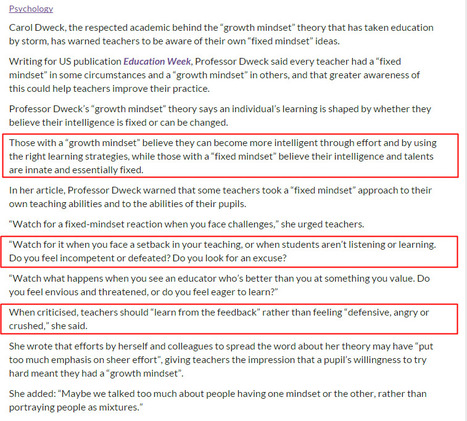
Stupidity - Wikipedia
Carlo Maria Cipolla, an economic historian, is famous for his essays about human stupidity, such as "The Basic Laws of Human Stupidity". He viewed stupid people as a group, more powerful by far than major organizations such as the Mafia and the industrial complex, which without regulations, leaders or manifesto nonetheless manages to operate to great effect and with incredible coordination.
Stupidity is a quality or state of being stupid, or an act or idea that exhibits properties of being stupid.[6] In a character study of "The Stupid Man" attributed to the Greek philosopher Theophrastus (c. 371 – c. 287 BC), stupidity was defined as "mental slowness in speech or action". The modern English word "stupid" has a broad range of application, from being slow of mind (indicating a lack of intelligence, care or reason), dullness of feeling or sensation (torpidity, senseless, insensitivity), or lacking interest or point (vexing, exasperating). It can either imply a congenital lack of capacity for reasoning, or a temporary state of daze, or slow-mindedness.
In Understanding Stupidity, James F. Welles defines stupidity this way: "The term may be used to designate a mentality which is considered to be informed, deliberate and maladaptive." Welles distinguishes stupidity from ignorance; one must know they are acting in their own worst interest. Secondly, it must be a choice, not a forced act or accident.
Lastly, it requires the activity to be maladaptive, in that it is in the worst interest of the actor, and specifically done to prevent adaption to new data or existing circumstances."[7]
Learn more / En savoir plus / Mehr erfahren:
http://www.scoop.it/t/21st-century-learning-and-teaching/?&tag=Character
http://www.scoop.it/t/21st-century-learning-and-teaching/?&tag=Growth+Mindset



 Your new post is loading...
Your new post is loading...














Lastly, it requires the activity to be maladaptive, in that it is in the worst interest of the actor, and specifically done to prevent adaption to new data or existing circumstances."[7]
Learn more / En savoir plus / Mehr erfahren:
http://www.scoop.it/t/21st-century-learning-and-teaching/?&tag=Character
http://www.scoop.it/t/21st-century-learning-and-teaching/?&tag=Growth+Mindset